Vänner
Jag försöker att från min sjuksäng samla några matnyttiga tankar. Eller iaf tankar och reflektioner som rört sig i mitt huvude på sistone. De handlar väldigt mycket om perceptioner, reaktioner, vakenhet och beteenede.
Detta är inget vanligt nummer av Kometen. Här finns ingen underhållande variation, men desto mer koncentration.
Jag presenterar mina tankar i kort, aforistisk form. Som små djupfrysta ärtor som NI får tina upp.
OMÖJLIGA ORD
Jag finner mer och mer att det finns några ord som är helt absurda när man synar dem närmare. Till exempel “ska”, “borde/ bör” och “måste”.
SKA.
Exempel: “Det SKA fungera!” Är detta en order till en diskmaskin eller dator? Eller en from önskan? Eller något helt annat…?
Ofta menar man i praktiken att man själv subtraherar sig själv från ekvationen, dvs. man kommer inte att GÖRA något för att det eller det ska fungera. Det bara SKA fungera…
Smått absurdt.
BORDE /BÖR (släkt med “ska”)
Exempel: “Hans borde läsa sin läxa.” “Man borde hänga alla [fyll i själv]!” “Ja, din dator borde fungera nu. Hej så länge.” Borde, enligt vem? Vem har skrivit reglerna? Var finns fri vilja, inkl. fri maskinvilja i bilden?
Låt oss, nästa gång vi använder ordet “borde” stanna upp och titta närmare på vad exakt vi säger och menar.
MÅSTE
Exempel: “Vi måste rensa upp oceanerna.” “Vi måste stänga ute SD ur debatten.” Vem tvingar, betvingar?
Att rensa upp oceanerna är hedervärt, men “måste” innebär ofta en stängd dörr. En DÖV dörr. Ett slags handikapp. Det är så lite som “måste” här i livet. Jag måste andas för att leva, t.ex. Min kropp behöver luft. Men de flesta andra “måsten” har vi själva hittat på.
ASSOCIATIONER
Jag har ofta reflekterat över hur det vi kallar “tänkande” (alltså en aktivitet) i själva verket bara är associationer. Men vad är en association?
Låt oss kalla det för slumpbiljard. På ett bord ligger ett stort antal biljardbollar. En kommer i rörelse, av vinden t.ex., och stöter till en annan boll. Båda rullar på, av slump och vindar.
I riktigt biljard sätts bollen igång av en spelare. Den finner vi inte här. Mina ord, kanske själva slumpartade och utan riktning, stöter på något i ditt psyke, och så rullar det fram något ur dig.
Människor är dock mer eller mindre benägna att styras av slumpartade vindar. Vissa tillåter det för fullt, de är som vindflöjlar. Andra har kontroll och bestämmer själva sina “vindar” i högre grad. De är mera spelare, mindre bollar.
BERÄKNING och SUMMA
Jag ställer A och B inför en uppgift.
A börjar omedelbart prata, hur kan man göra detta, lösa detta. Det kan handla om svåra problem eller bara om att hitta smöret, lite undangömt, i ett kylskåp. Detta gör att jag s.a.s. ser in i A-s nu genomskinliga hjärna, hör hans tankeprocesser.
Han “tänker högt”, brukar vi säga.
B fungerar helt annorlunda. Han bjuder inte på sin inre beräkning. Den sker tyst och diskret. Om han lyckas lösa uppgiften (lösa problemet eller hitta smöret) så presenterar han slutresultatet. Men besparar oss s.a.s förarbetet. Vi får ingen inblick i hans hjärna.
Personligen är jag oftast glad över att slippa höra beräkningen. (Fast inte om han är ett supergeni med suverän logik.)
Att “tänka högt” kan ses som motpol till att “handla tyst”.
Och bilden kan analyseras på flera sätt, med olika terminologi: detta är min variant och dialekt.
OM MAN PRATAR OM FAAN KOMMER HAN
Så ungefär minns jag ordspråket. Det vi pratar om kallar vi på, åkallar. Det vi tänker på, ungefär samma sak. Energier samlas av uppmärksamhet.
Detta är ett stort och djupt ämne. Hundratals böcker har skrivits om det. I mitt nuvarande tillstånd är de inre processerna så nakna och uppenbara att detta blivit väldigt konkret.
Tänk på hundar och andra djur. Om de dresseras lyder de, istf att styra OSS. På samma sätt med tankar. Så låt oss tänka på vad vi tänker på, och inte låta vad som helst komma över bron.
I en bättre värld vore “tankekultur”, som ord och fenomen, del av skolundervisningen!
ALLTING LÖSER SIG, I REALTID.
Den första delen av den sentensen är optimistisk. Den andra lägger till en viktig reservation. Du kan inte lösa gårdagens problem NU. Du kan inte lösa framtidens problem NU.
De kanske inte ens ÄR problem, när det Nuet anländer. Dessutom är jag trol. inte samma människa nu som då.
Detta är den svåra konsten att leva i nuet och lämna minne och fantasi åt sig själva. Att inte profetera: “Oj, det kommer att bli så svårt för mig att göra det och det…!” Hur vet jag det? Det är ett löst antagande, trol. byggt på minnen. Vad säger att morgondagen inte kan vara annorlunda?
Vad är det alltså som får störst plats hos oss? Nuet, eller en kombination av Minne och Fantasi om morgondagen? Mindfulness är ett namn för en teknik att sätta nuet i första rummet. Fast det borde kanske heta Mindemptiness, eftersom det just saknar det som E. Tolle kallar “mind” och jag här kallar Minne och Fantasi.
Bibeln har många referenser till detta: Ha inga bekymmer för morgondagen, etc.
STRANGE BEDFELLOWS
Ibland hittar man likheter mellan (till synes) helt olika livsdomäner. Det är fallet här.
I vilken domän använder man språket mest precist och exakt? I militären, av nödvändighet. Minsta missförstånd och felhörning kan leda till felkörning och katastrof. T.ex. “friendly fire” (att man beskjuter sina egna).
Så man bokstaverar namn (Alfa, Bravo, Charlie) och säger “over” och “over and out” för att överräcka ordet till den andre.
“Va, vad sa du?” “Hur menar du då alltså?” Detta är inte militärt prat.
Saken handlar om ett dynamiskt växelspel. JAG PRATAR OCH DU LYSSNAR >> JAG SLUTAR PRATA >> DU PRATAR OCH JAG LYSSNAR >> DU SLUTAR PRATA. Och så vidare.
Detta kan låta strängt, men alternativet är som sagt värre.
Nå, men vilken är då den andra domänen? Fin salongskonversation. Nej då, visst kan man avbryta varandra och “prata i mun” på varandra. Det finns inga hårda regler om detta. Men i ett lyhört och musikaliskt sällskap gör man ändå inte det. Det är mera som ping-pong. Bollen går från mig till dig, och tillbaka, osv.
En eller två nya personer kommer in i samtalet, och det blir dubbelpingis. Exaktheten behöver inte vara stor eller bokstaveras. Rytmen är däremot musikalisk; ett generöst och lyhört givande och tagande.
Vi märker detta hos våra medmänniskor. Med vissa flyter allting i ett slags “superpingis”. Med vissa andra däremot (som har noll känsla för vem som för ögonlicket har bollen) krockar man hela tiden.
“Vem som har bollen?? Båda, väl?”
“Det är bara att prat på” för att parafrasera Ingemar Stenmark.
Se där vilka oväntade guldkornsanalogier som kan vaskas fram ur livets och samtalets strida flod!
VECKANS (ÅRETS?) FOTO
Med risk för att vara urtjatig: Fåglar bereder mig oändligt mycket nöje. Den här fotogeniska pippins namn vet jag ej, men den stötte jag på i Budapest Zoo.

VECKANS MUSIK
Denna lilla kortkomet har handlat mycket om samtalets dynamik. Här är det två händer och en fot som “samtalar”.
Och det var allt för i dag. Detta har verkligen skrivits med reservkrafter. Ingen vanlig Komet, som sagt, men inget är riktigt som vanligt nu.
Jag sänder alla läsare de varmaste hälsningar. Ta hand om er. Ta inget för givet, för rätt vad det är är det förbrukat. Andas in luften och dess dofter, öppna ögonen på vid gavel, lyssna intensivt och sist men inte minst: Öppna er hjärtan på vid gavel för varandra och livet.
Frid!
Laszlo / Ladislaus


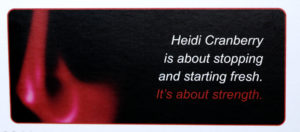 “… stopping and starting fresh”. You mean, first I finish one bite, then take the next one…?
“… stopping and starting fresh”. You mean, first I finish one bite, then take the next one…?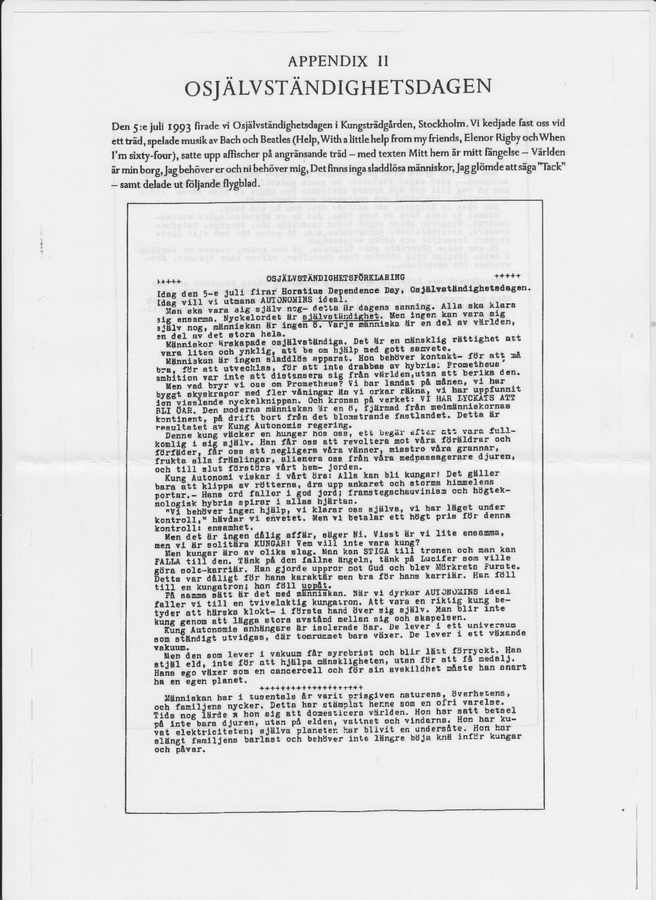
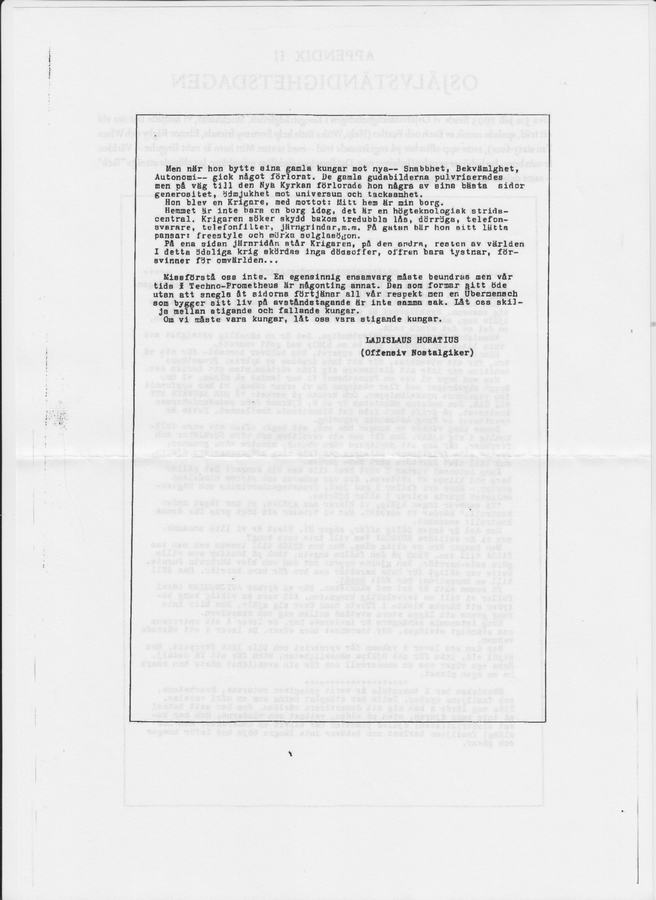
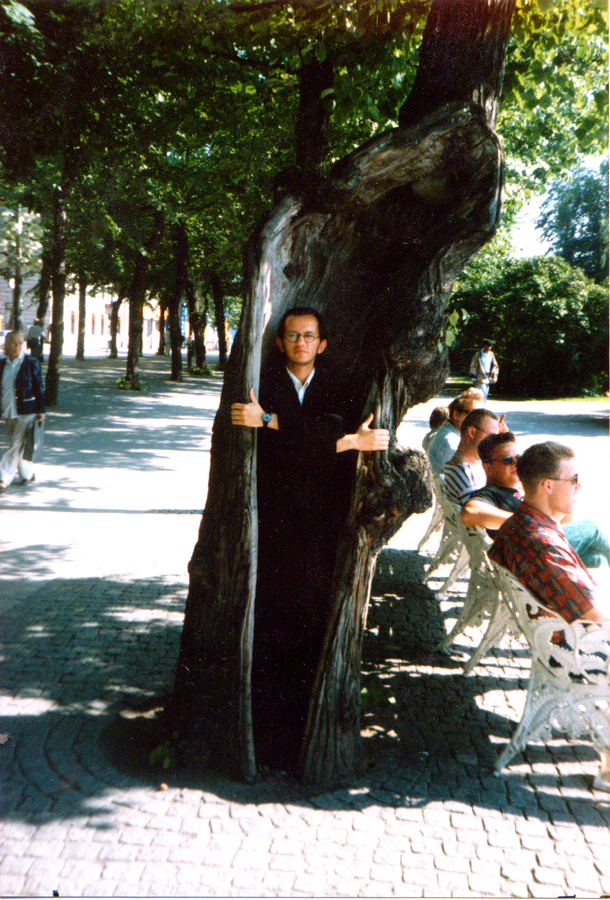

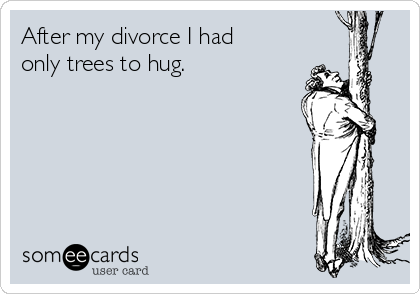
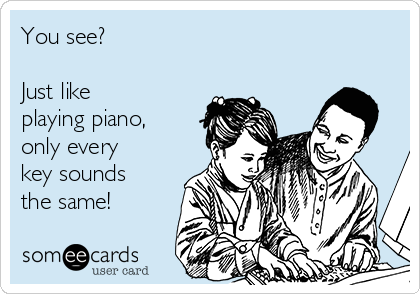
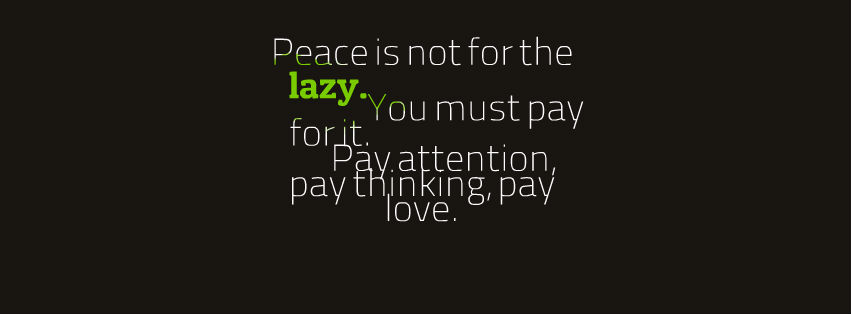




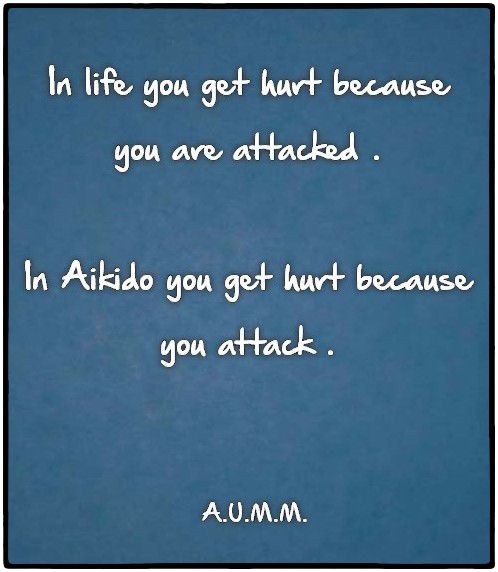
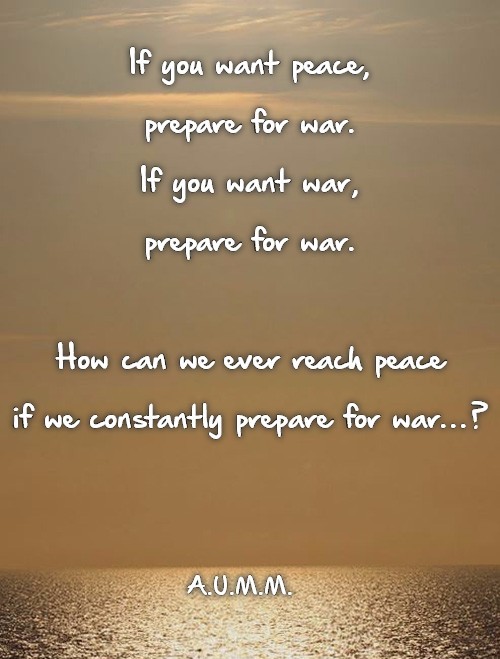

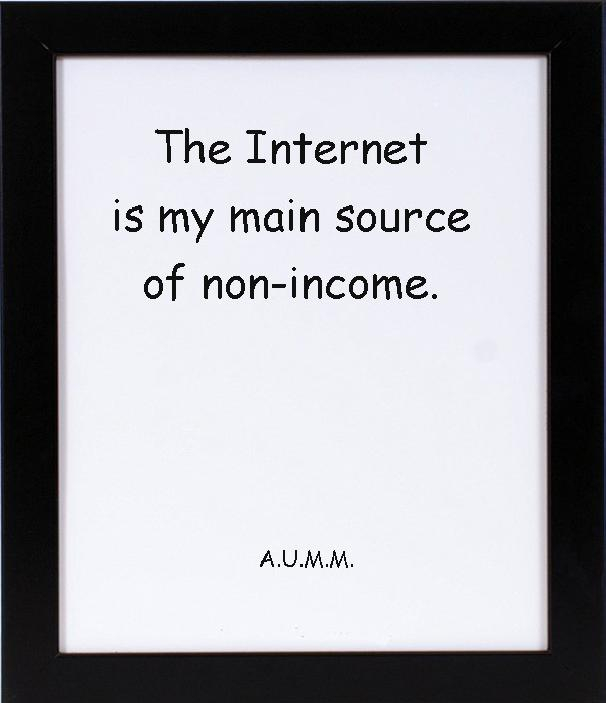
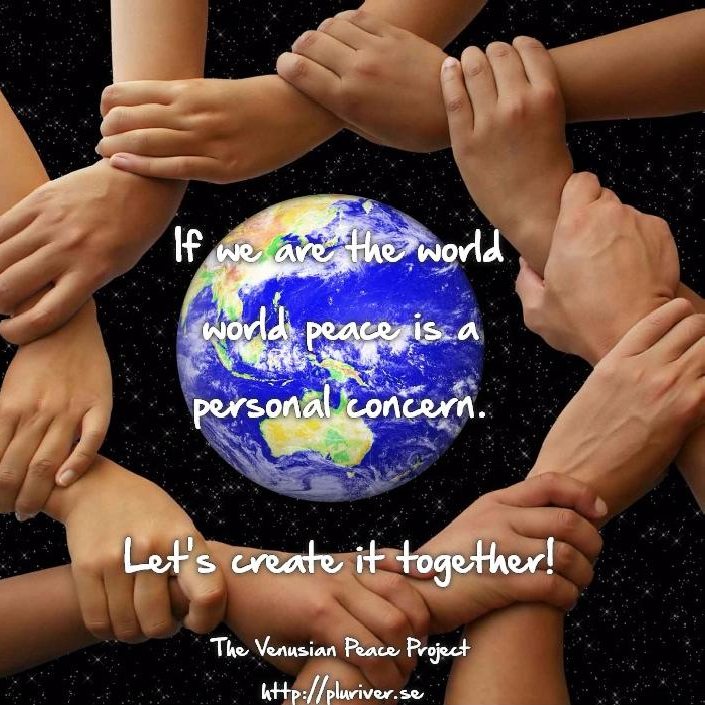
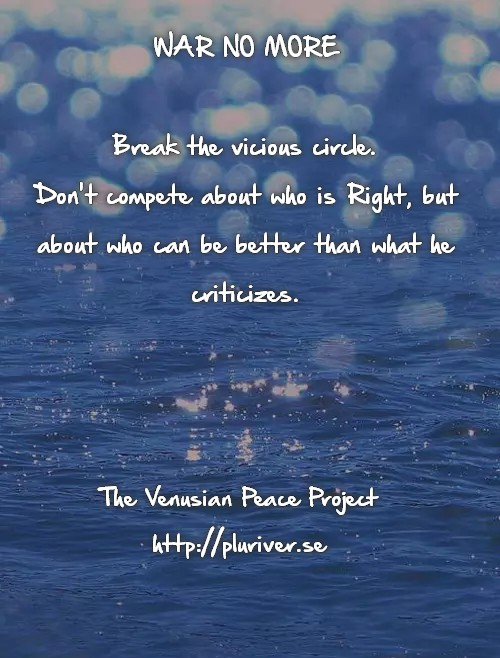
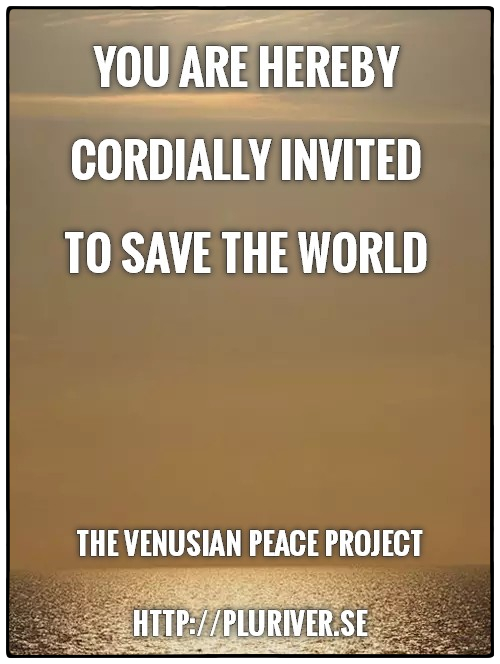

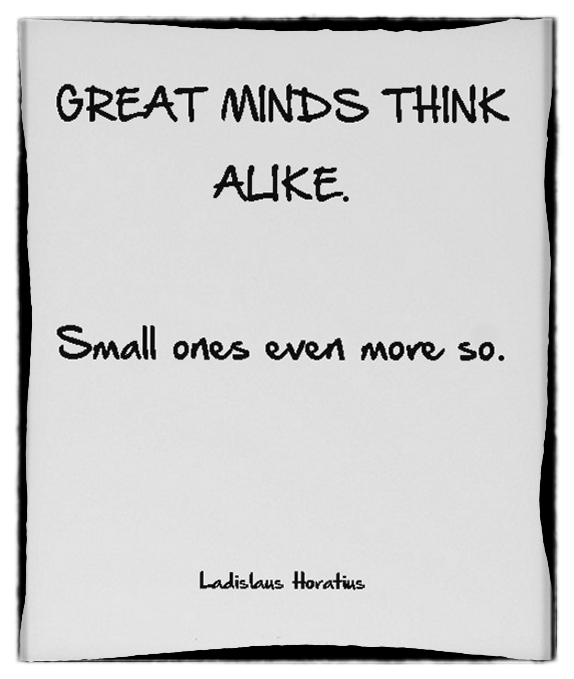
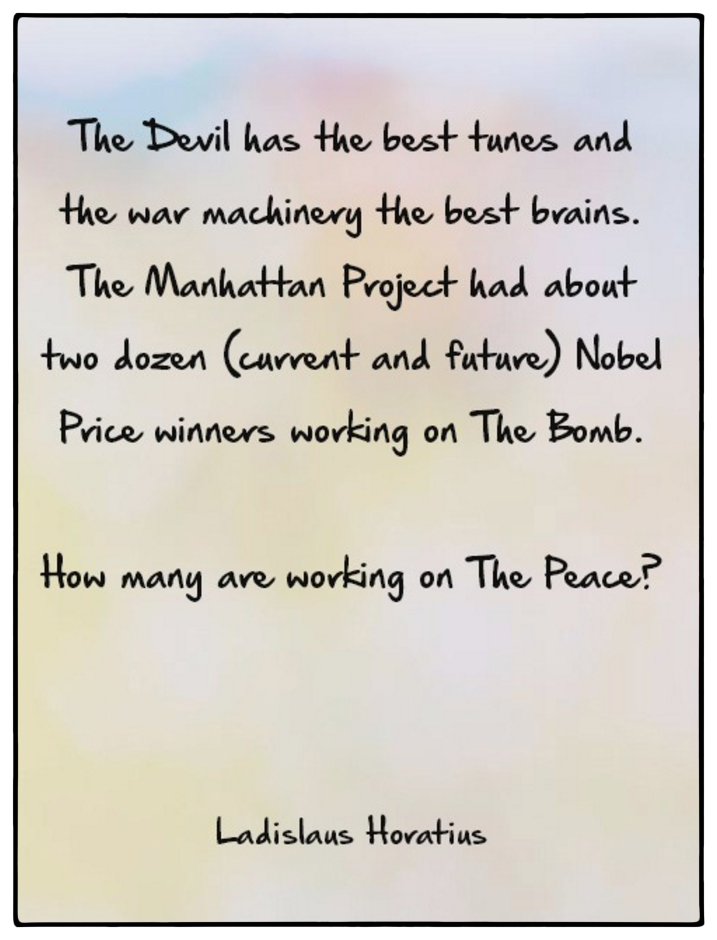
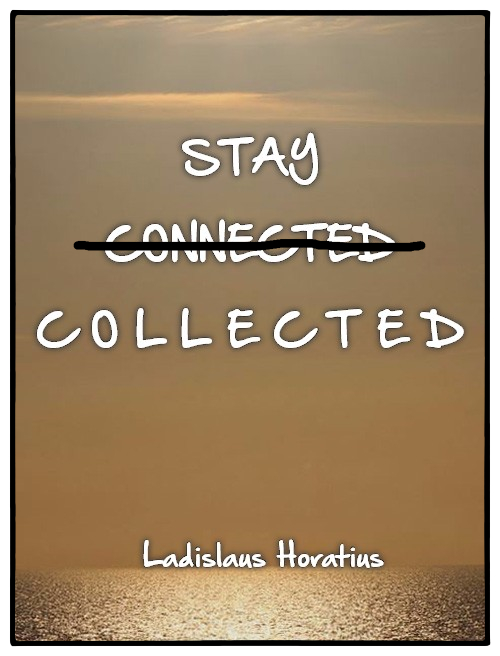
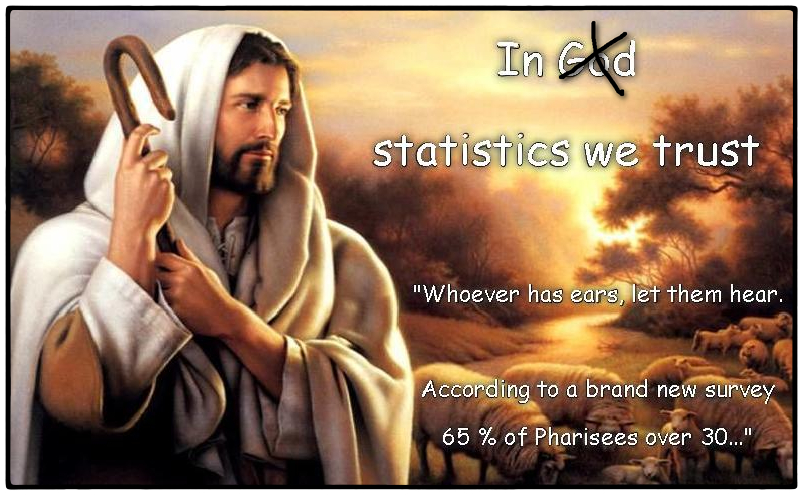

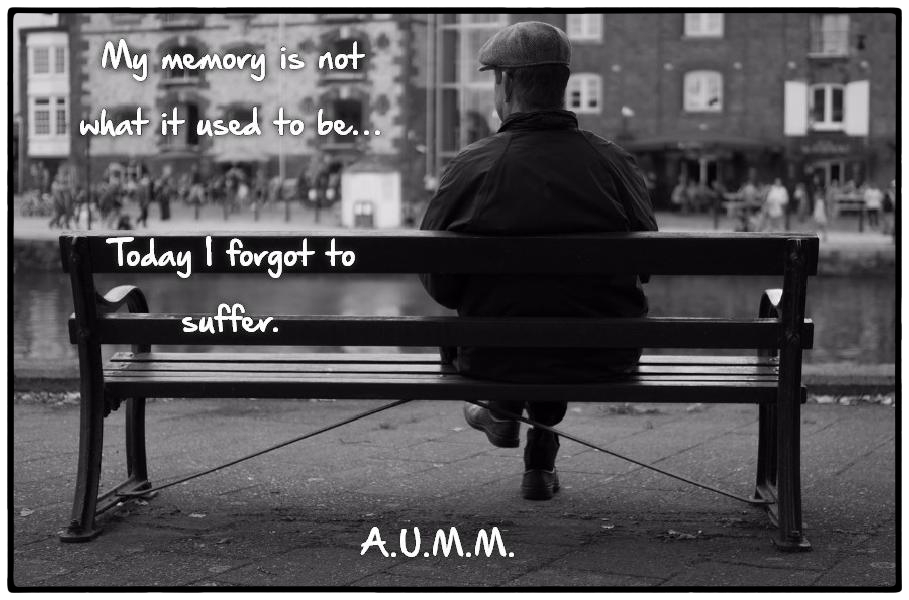
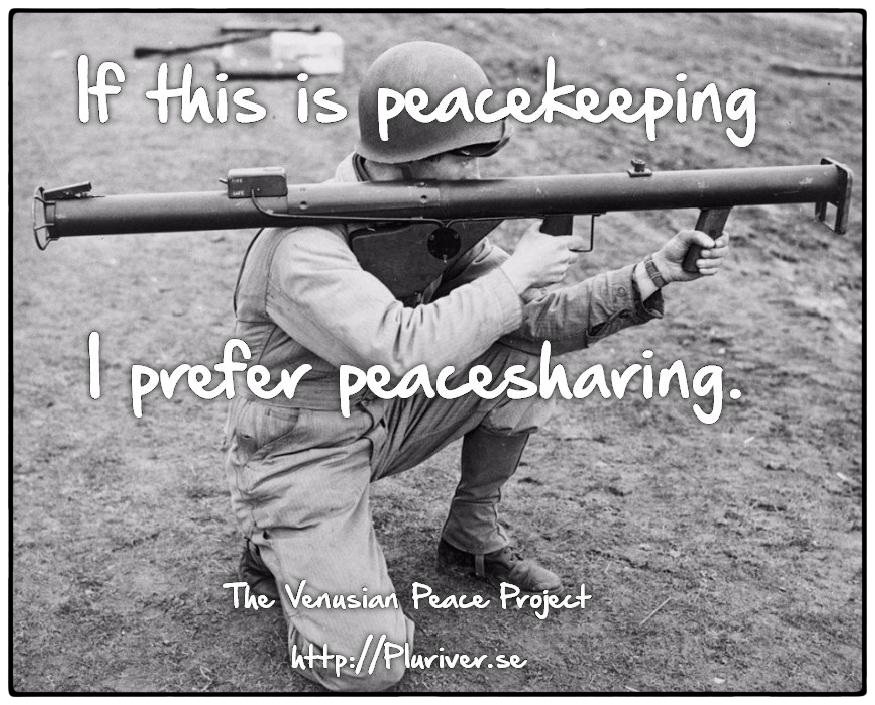

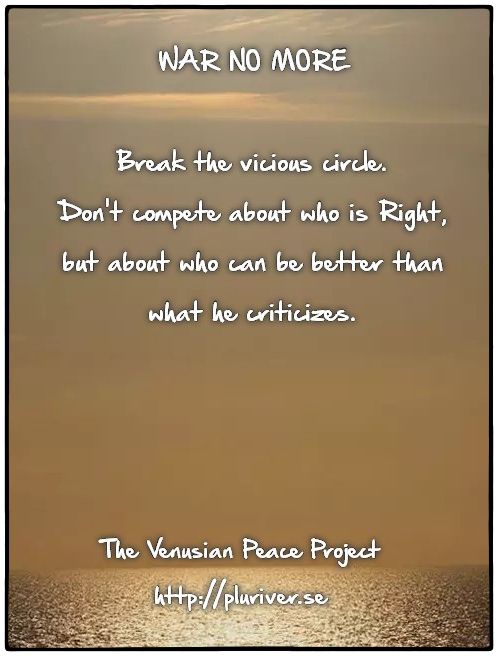
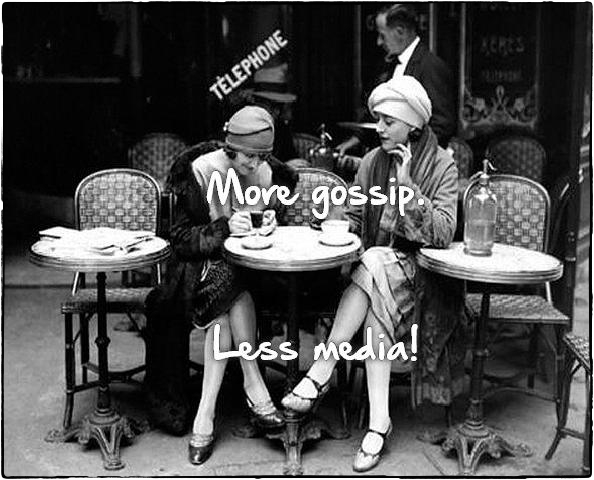
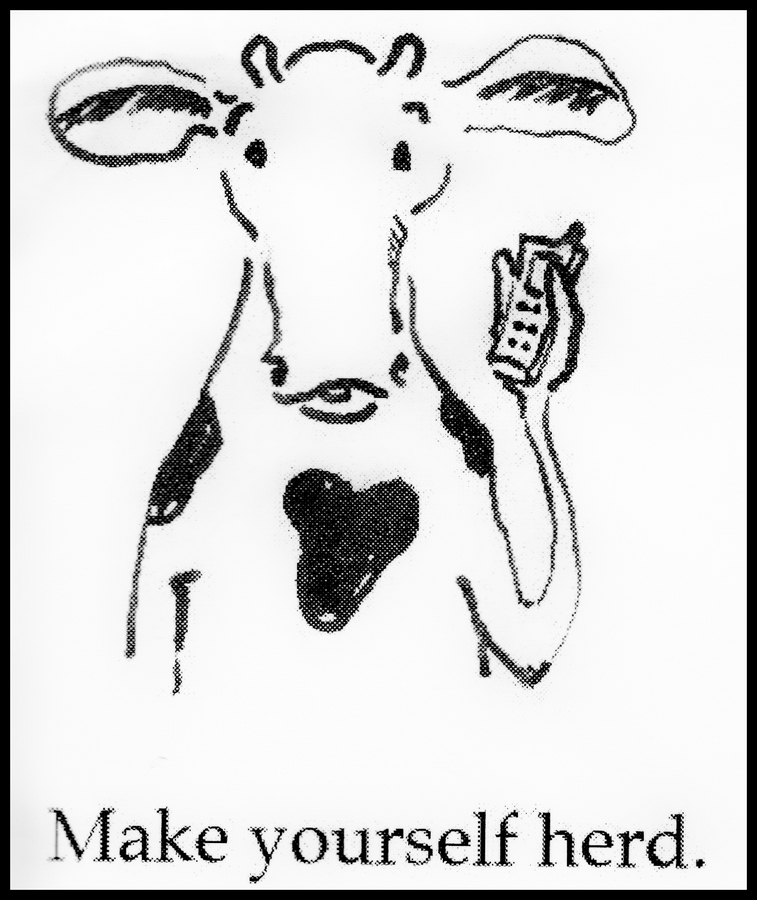
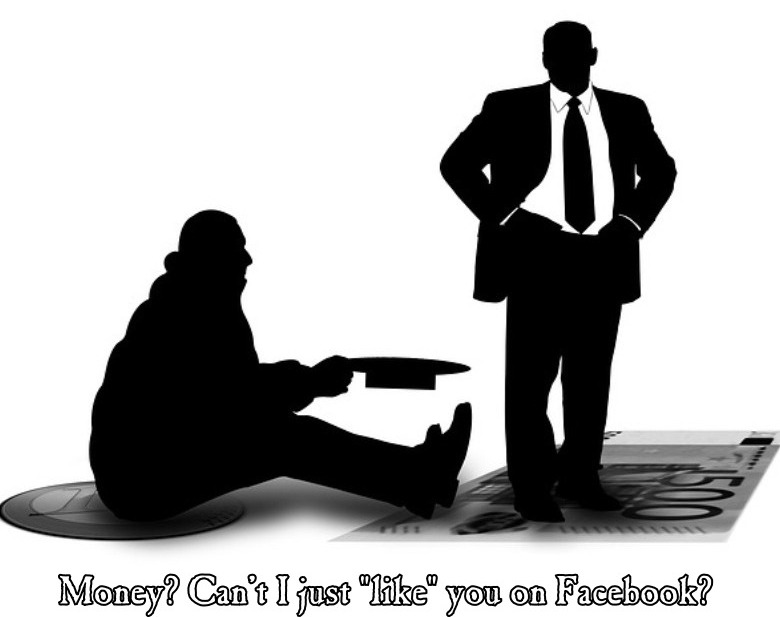
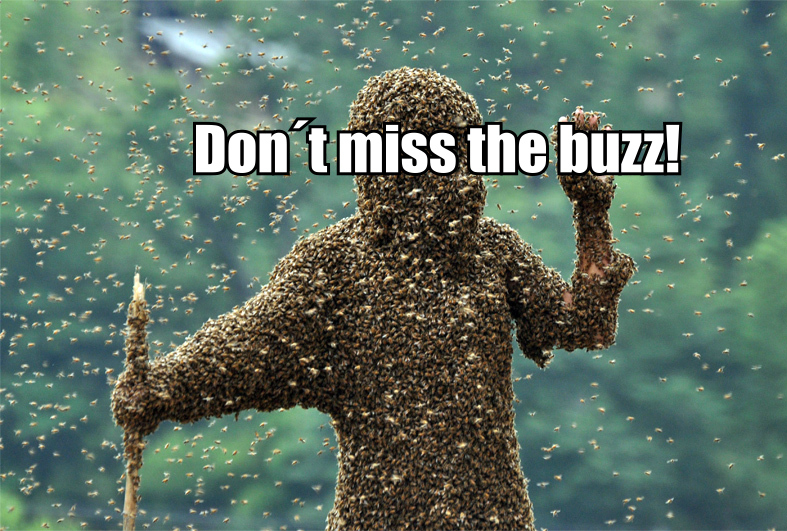

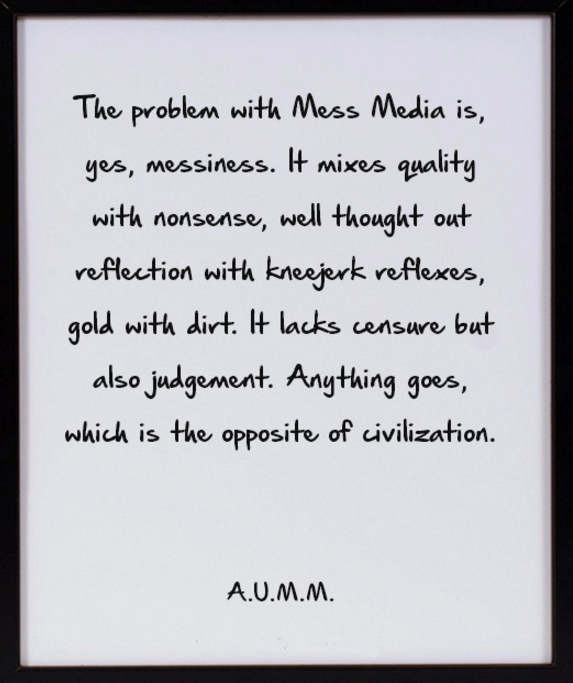
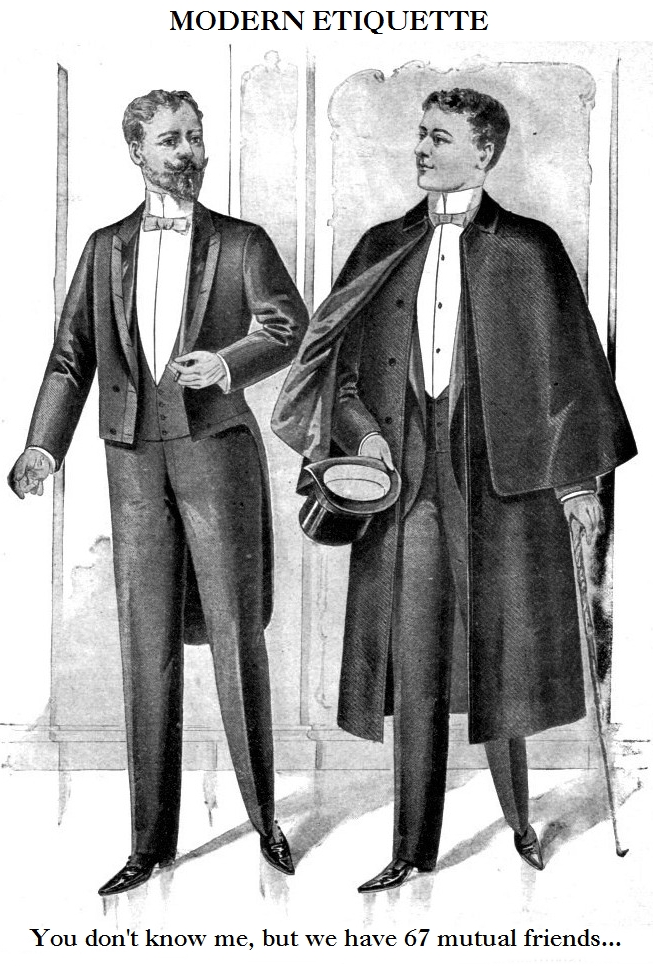
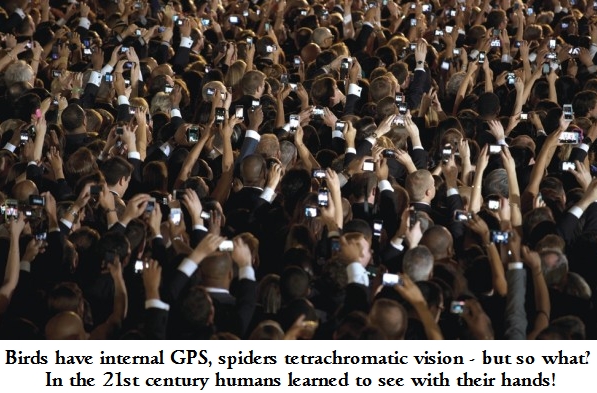
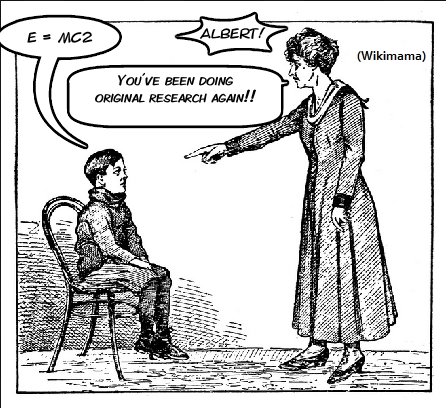
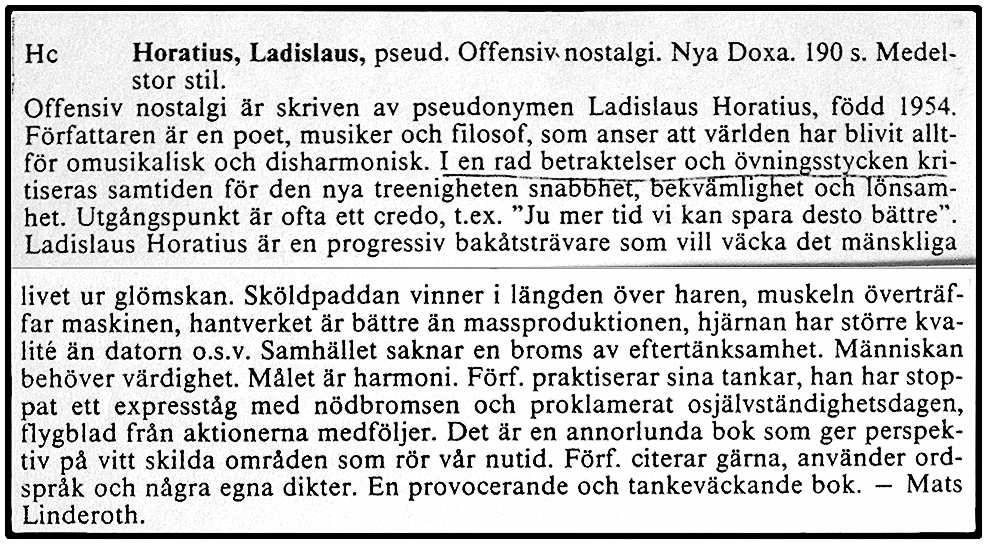
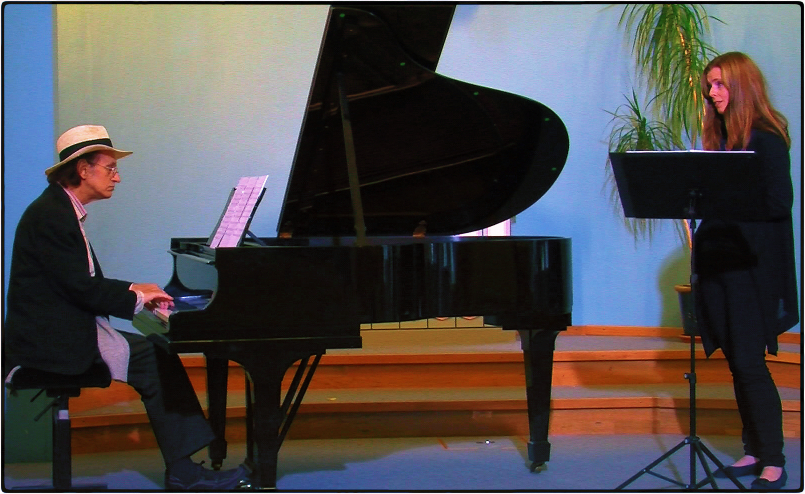




 Men vilka adjektiv ska man använda om julen? Sången talar om färg; den ska vara VIT.
Men vilka adjektiv ska man använda om julen? Sången talar om färg; den ska vara VIT.


 Sometimes your need is so great that you are forced to use the wrong toilet. No ladies there, but in a corner an abandoned, battered beauty box. Among lipsticks and brushes I find the following MS.
Sometimes your need is so great that you are forced to use the wrong toilet. No ladies there, but in a corner an abandoned, battered beauty box. Among lipsticks and brushes I find the following MS.